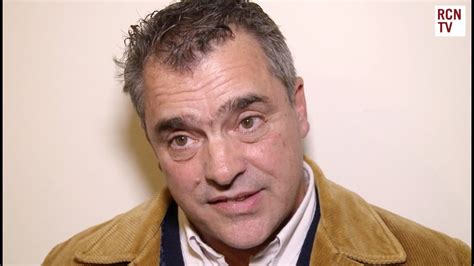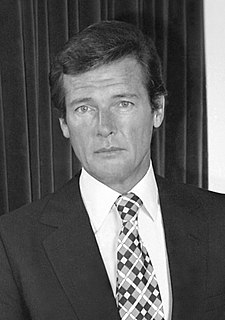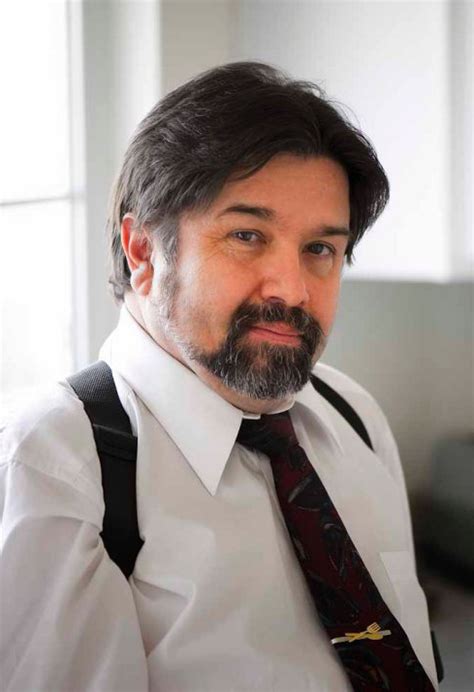A Quote by Shoshana Zuboff
Learning has replaced control as the fundamental role of management.
Quote Topics
Related Quotes
EMA research evidences strong and growing interest in leveraging log data across multiple infrastructure planning and operations management use cases. But to fully realize the potential complementary value of unstructured log data, it must be aligned and integrated with structured management data, and manual analysis must be replaced with automated approaches. By combining the RapidEngines capabilities with its existing solution, SevOne will be the first to truly integrate log data into an enterprise-class, carrier-grade performance management system.
A basic is an introduction. A fundamental is a foundation. A fundamental is a premise, idea, or fact that an entire system arises from and is based on. A fundamental determines the shape of what arises from it, much as a foundation of a house dictates its layout. A basic is how you introduce people you are teaching to the system. It is a beginning concept, often simplified to assist learning. If a fundamental is the foundation, a basic is the front door to enter the system.
Given the central role of effective, firmwide risk management in maintaining strong financial institutions, it is clear that supervisors must redouble their efforts to help organizations improve their risk-management practices...We are also considering the need for additional or revised supervisory guidance regarding various aspects of risk management, including further emphasis on the need for an enterprise-wide perspective when assessing risk.
Holding onto and manipulating physical objects is one of the things we learn earliest and do the most. It should not be surprising that object control is the basis of one of the five most fundamental metaphors for our inner life. To control objects, we must learn to control our bodies. We learn both forms of control together. Self-control and object control are inseparable experiences from earliest childhood. It is no surprise that we should have as a metaphor-a primary metaphor-Self Control is Object Control.
There's increasing consciousness that a "command and control" style of management which one associates with a male model isn't necessarily what works anymore, especially with small to medium sized companies. There's increasing evidence that a more flexible management style, where responsibility is distributed up and down the line, is what works best. And that kind of management style is one that will allow individual workers more flexibility - men and women.



































